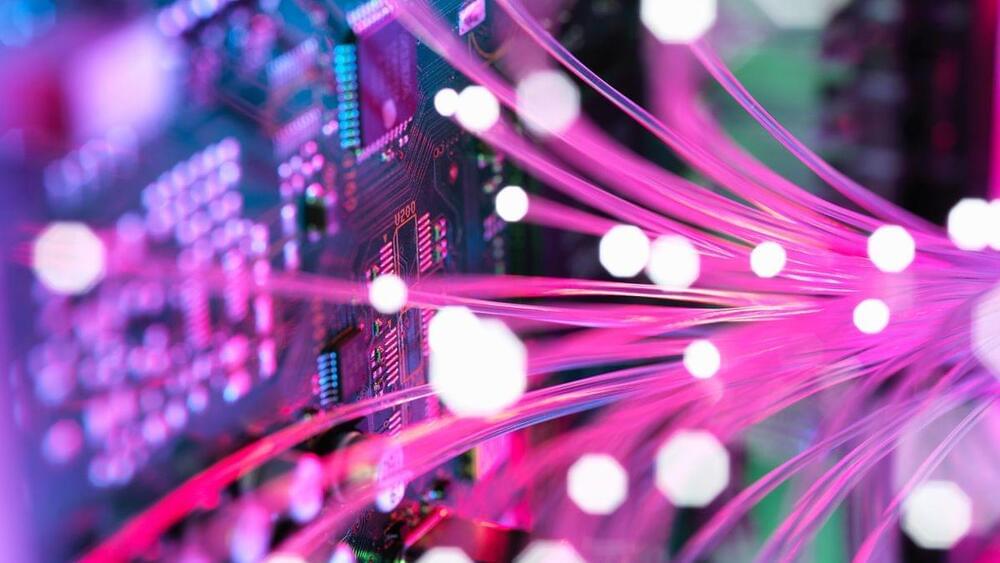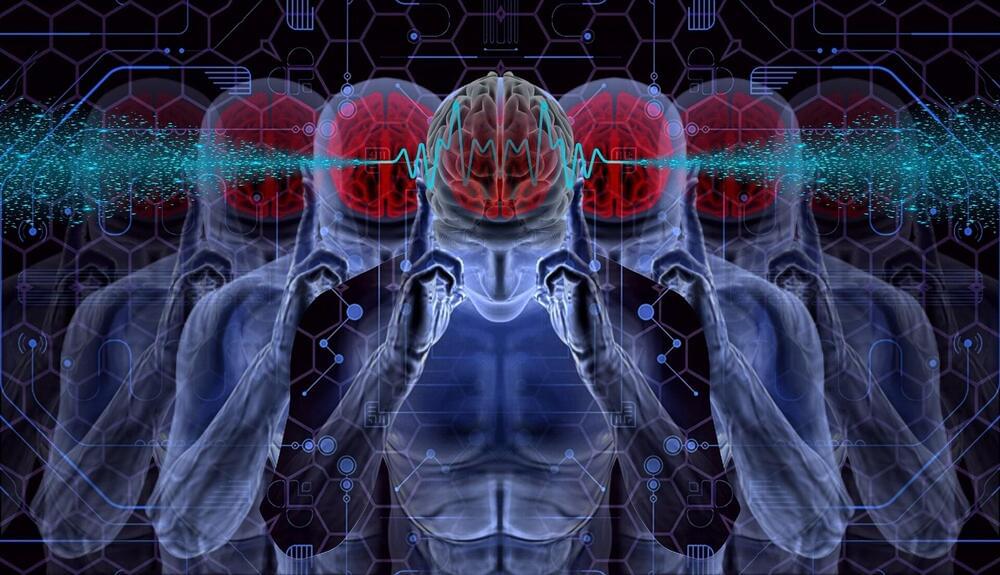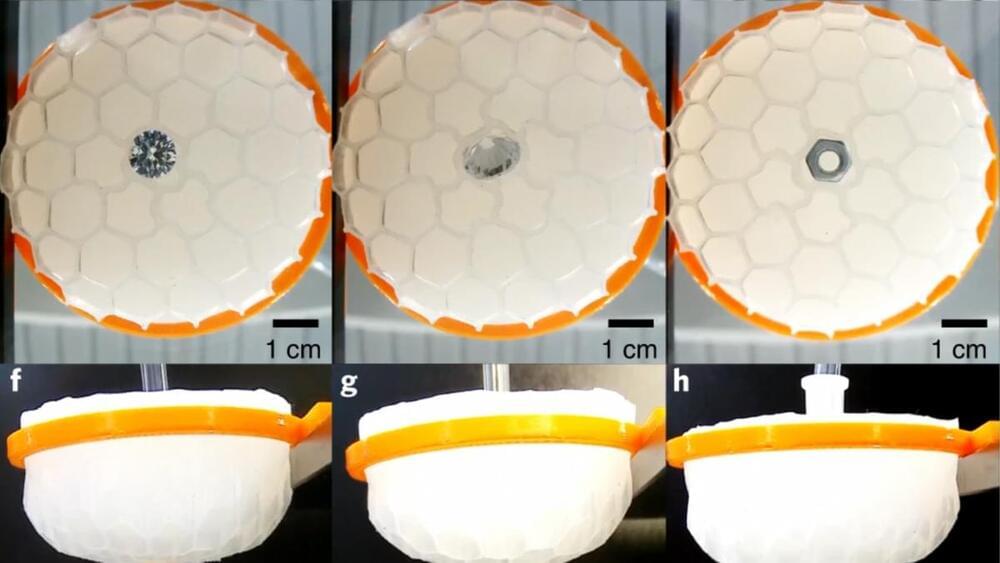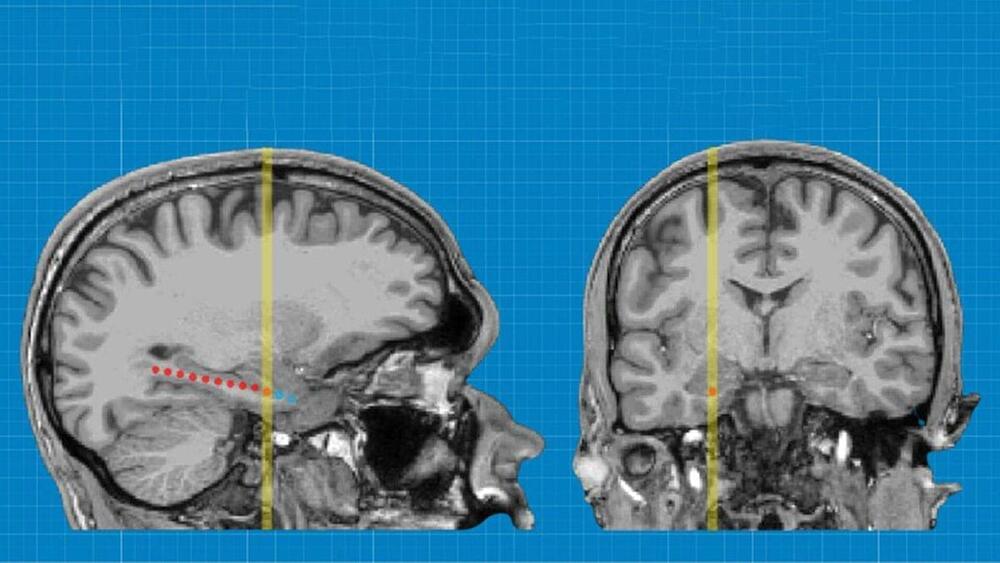Research in the field of machine learning and AI, now a key technology in practically every industry and company, is far too voluminous for anyone to read it all. This column, Perceptron, aims to collect some of the most relevant recent discoveries and papers — particularly in, but not limited to, artificial intelligence — and explain why they matter.
Over the past few weeks, researchers at MIT have detailed their work on a system to track the progression of Parkinson’s patients by continuously monitoring their gait speed. Elsewhere, Whale Safe, a project spearheaded by the Benioff Ocean Science Laboratory and partners, launched buoys equipped with AI-powered sensors in an experiment to prevent ships from striking whales. Other aspects of ecology and academics also saw advances powered by machine learning.
The MIT Parkinson’s-tracking effort aims to help clinicians overcome challenges in treating the estimated 10 million people afflicted by the disease globally. Typically, Parkinson’s patients’ motor skills and cognitive functions are evaluated during clinical visits, but these can be skewed by outside factors like tiredness. Add to that fact that commuting to an office is too overwhelming a prospect for many patients, and their situation grows starker.








